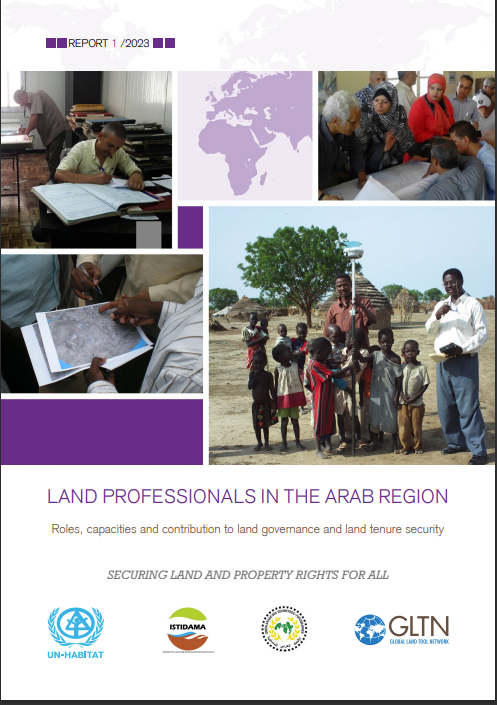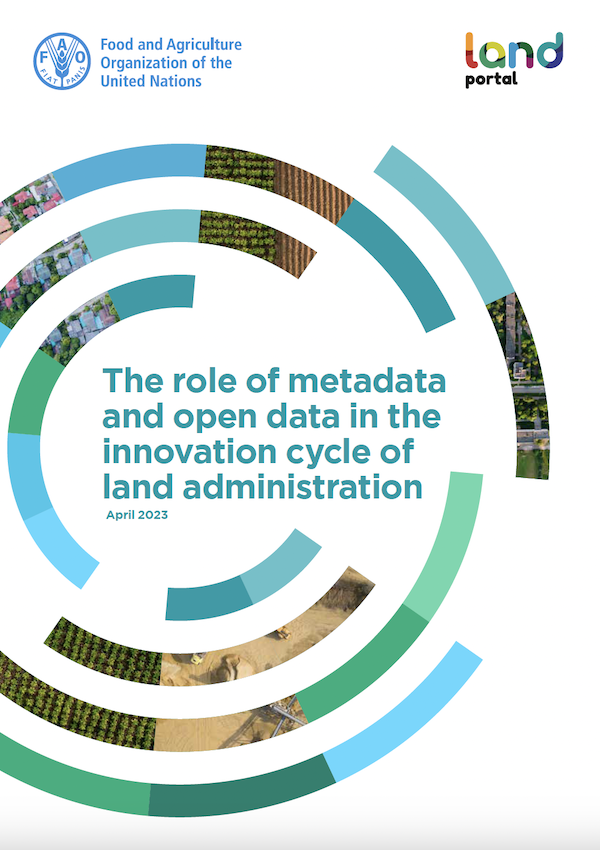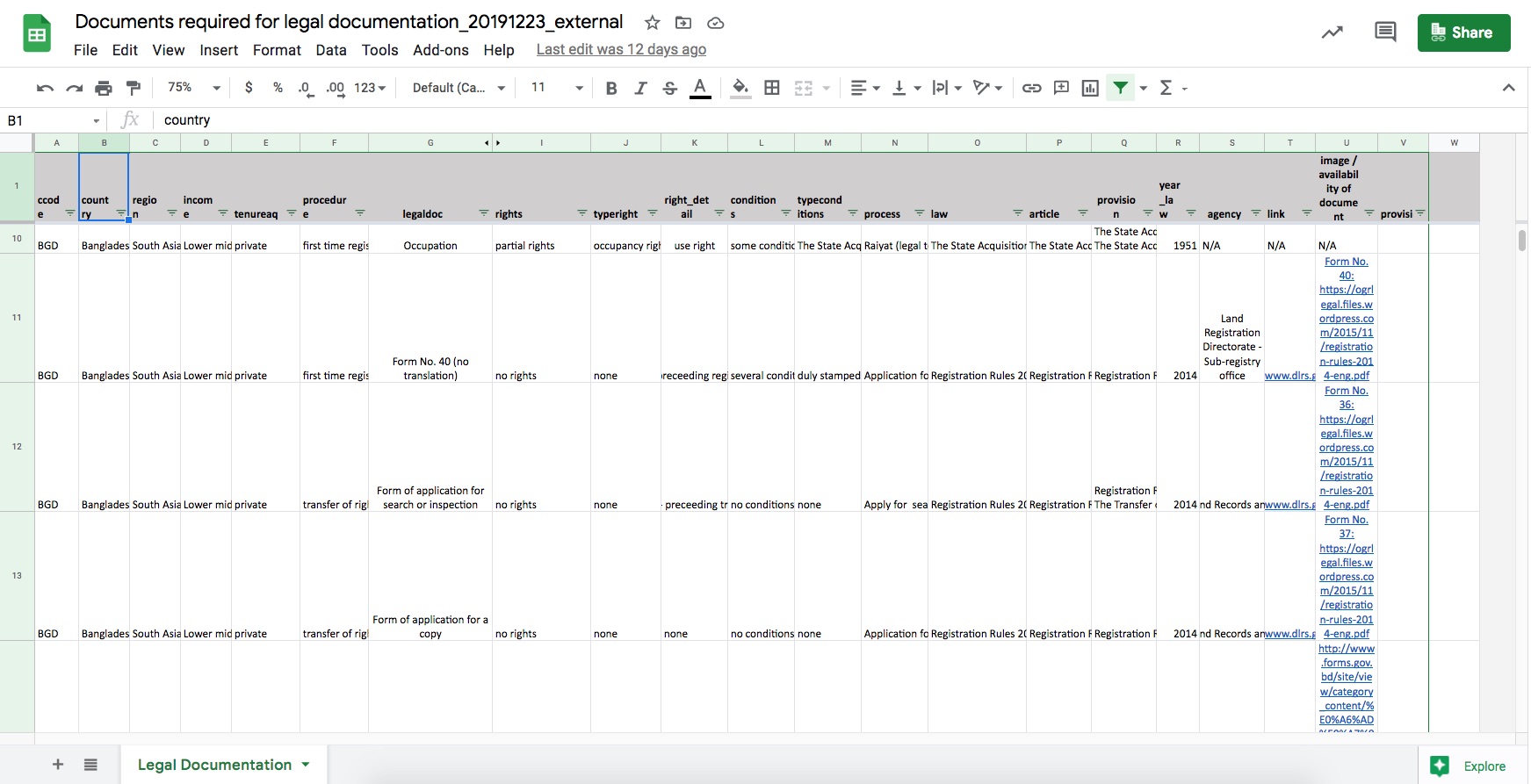Integrated Evaluation of the Impediments to the Adoption of Coconut Palm Wood as a Sustainable Material for Building Construction
Coconut palm wood is commonly regarded as a sustainable building material. Nonetheless, its adoption as a green building material by the construction industry is limited, particularly in West Africa. This paper analyses the impediments to the effective adoption of coconut palm wood in residential building construction.







